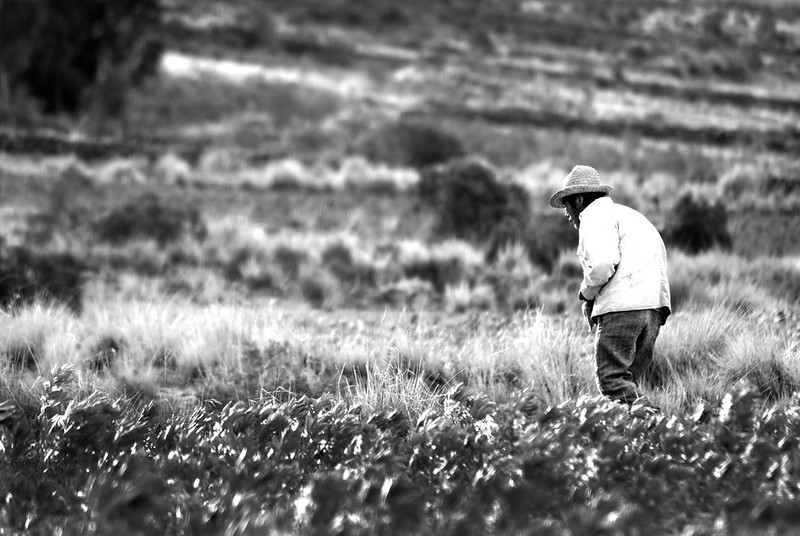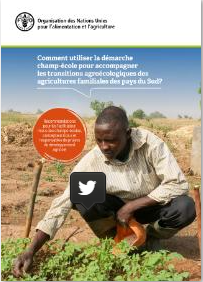The benefits of pastoralism for biodiversity and the climate
Livestock can be good for the environment. It depends on which livestock, where. Pastoralism – the system of often mobile, extensive livestock production on rangelands – can improve biodiversity, help sequester carbon and protect the environment. In the face of simplistic anti-livestock narratives, it is important to recognise the role of pastoral systems and pastoralists in addressing the linked crises of climate and biodiversity.




